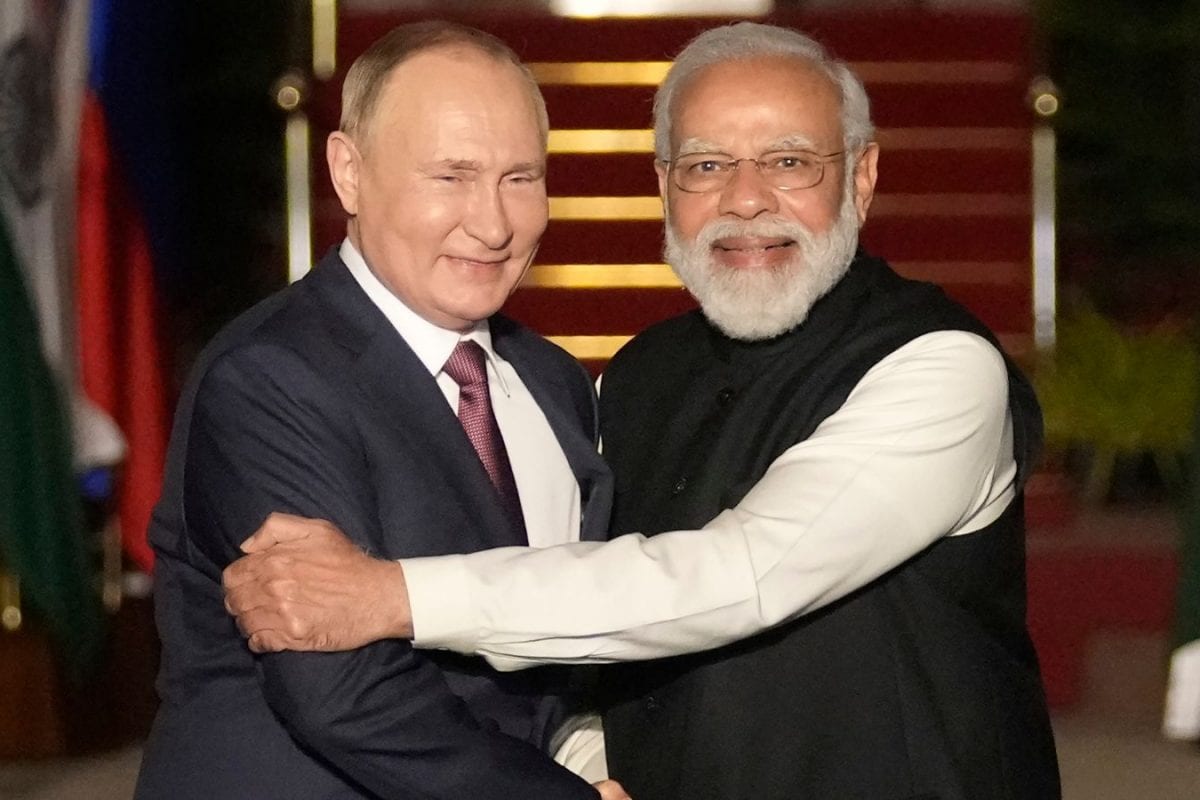

The Kremlin has asserted that sovereign countries have the right to choose their trading partners, following criticism and tariff threats directed at India for its continued import of Russian oil. This statement comes amid increasing pressure from the United States, with former President Donald Trump threatening to "substantially" raise tariffs on Indian goods due to the country's oil trade with Russia.
Kremlin spokesman Dmitry Peskov told reporters that attempts to force countries to sever trade relations with Russia are illegitimate. He emphasized that sovereign nations possess the right to select their own trade partners and forms of economic cooperation based on their national interests.
India's Ministry of External Affairs (MEA) has responded to the criticism, stating that India's oil imports from Russia are driven by market realities and are necessary to ensure affordable energy costs for Indian consumers. The MEA also pointed out that many of the nations criticizing India continue to engage in trade with Russia themselves.
India has become a major importer of Russian crude oil since Moscow's invasion of Ukraine in February 2022. Western sanctions led Russia to offer deep discounts on its oil, making it an attractive option for India. India's import of Russian oil has helped New Delhi manage inflation and cut import bills. In the first half of 2025, Indian refiners imported approximately 1.75 million barrels per day of Russian oil. This accounts for over 35% of India's total crude imports.
However, this trade relationship has faced increasing scrutiny from the West, particularly the United States. Trump has accused India of profiting from the situation by buying Russian oil and selling it on the open market. He has also expressed concerns that India's purchases are indirectly funding Russia's war in Ukraine.
Despite these concerns, India has maintained that its relationship with Russia is "steady and time-tested". Indian government sources have indicated that they will continue purchasing oil from Russia, citing long-term contracts and the role these imports play in maintaining global energy stability. They also noted that Russian crude is not subject to direct sanctions and that India is buying it below the price cap fixed by the European Union.
Furthermore, India has accused the West of double standards, highlighting that the European Union and the United States continue to trade with Russia in various sectors, including energy, fertilizers, and critical commodities. The MEA stressed that India's total trade with Russia remains modest compared to that of Western powers. In 2024, the European Union recorded bilateral trade in goods with Russia worth €67.5 billion ($73.4 billion), while services trade in 2023 amounted to €17.2 billion ($18.7 billion).
The ongoing debate over India's Russian oil imports underscores the complex geopolitical landscape and the challenges countries face in balancing their economic interests with international pressure. While the West aims to isolate Russia through sanctions, countries like India prioritize their energy security and economic stability, leading to divergent approaches.